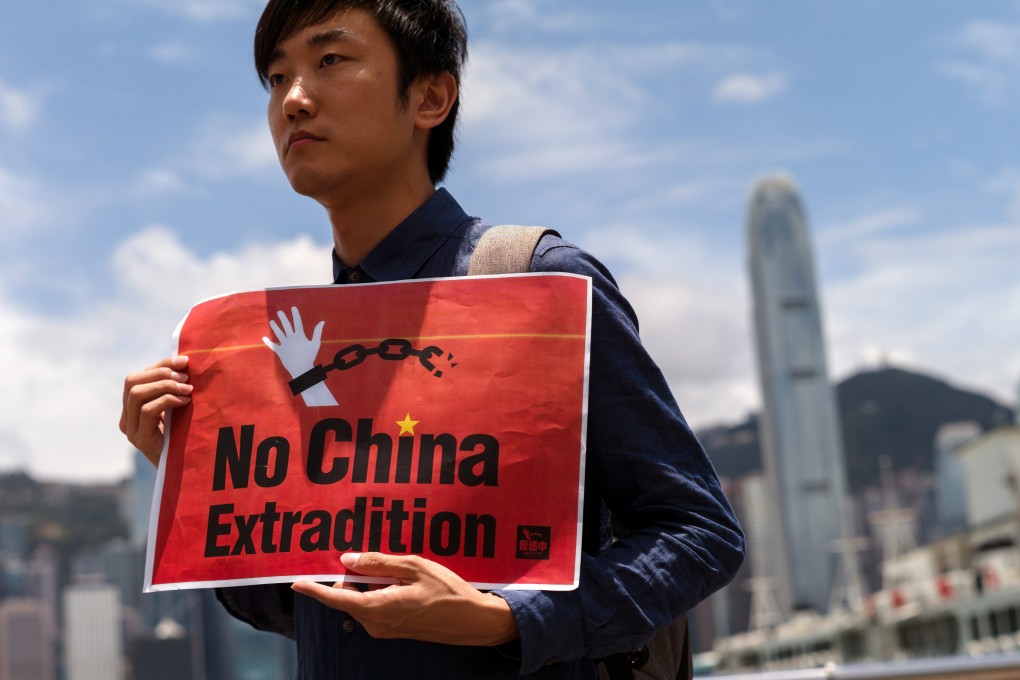Extradition law could ensnare Hongkongers working with mainland Chinese in an unfamiliar legal system
- Concerns from the world of accounting and banking demonstrate why a sudden and forced melding of two dissimilar judicial systems is inadvisable for Hong Kong

Under the common law system, case law on activities constituting negligence, gross negligence and fraud is well-established. However, under the continental law (aka civil law) system used in China, judgment is made entirely by the presiding judge according to his/her interpretation of codified statues and ordinances – no correlation with precedents required. A fair trial greatly depends on the discretion of the judge.
Not too long ago, China’s judges were mostly retired military officers, appointed for their loyalty to the Communist Party’s directives. Although the number of professionally trained judges has greatly increased in recent years, their knowledge, experience and professionalism is disparate, to say the least.
Moreover, under the continental law system, a judge can investigate a case by interviewing or interrogating the defence lawyer behind closed doors, making trials in China appear arcane and, at times, unjust.
